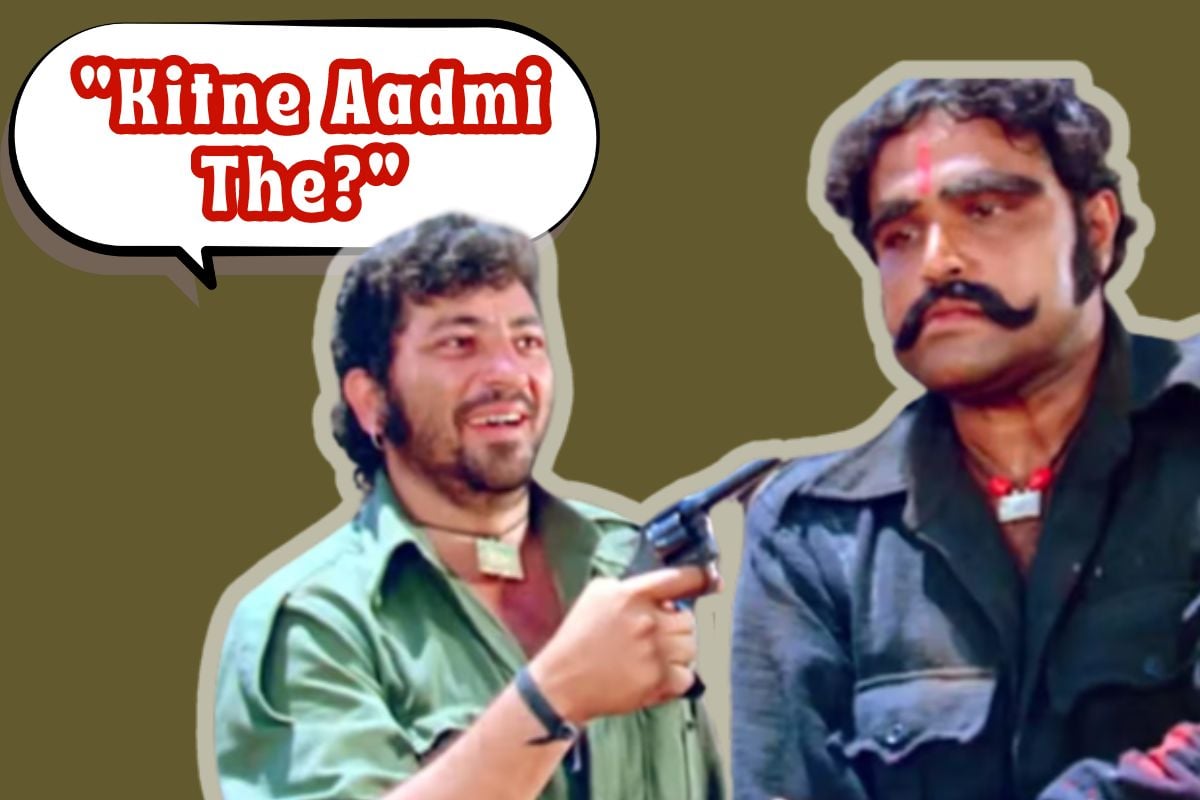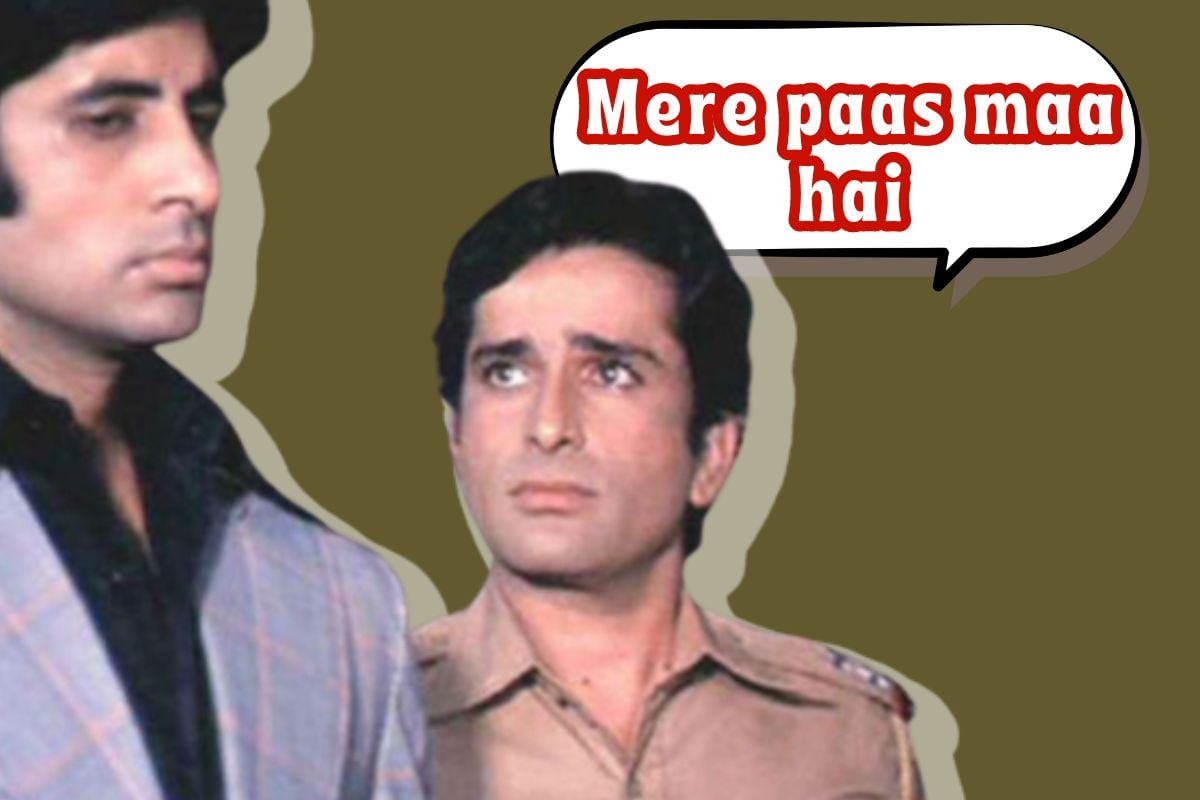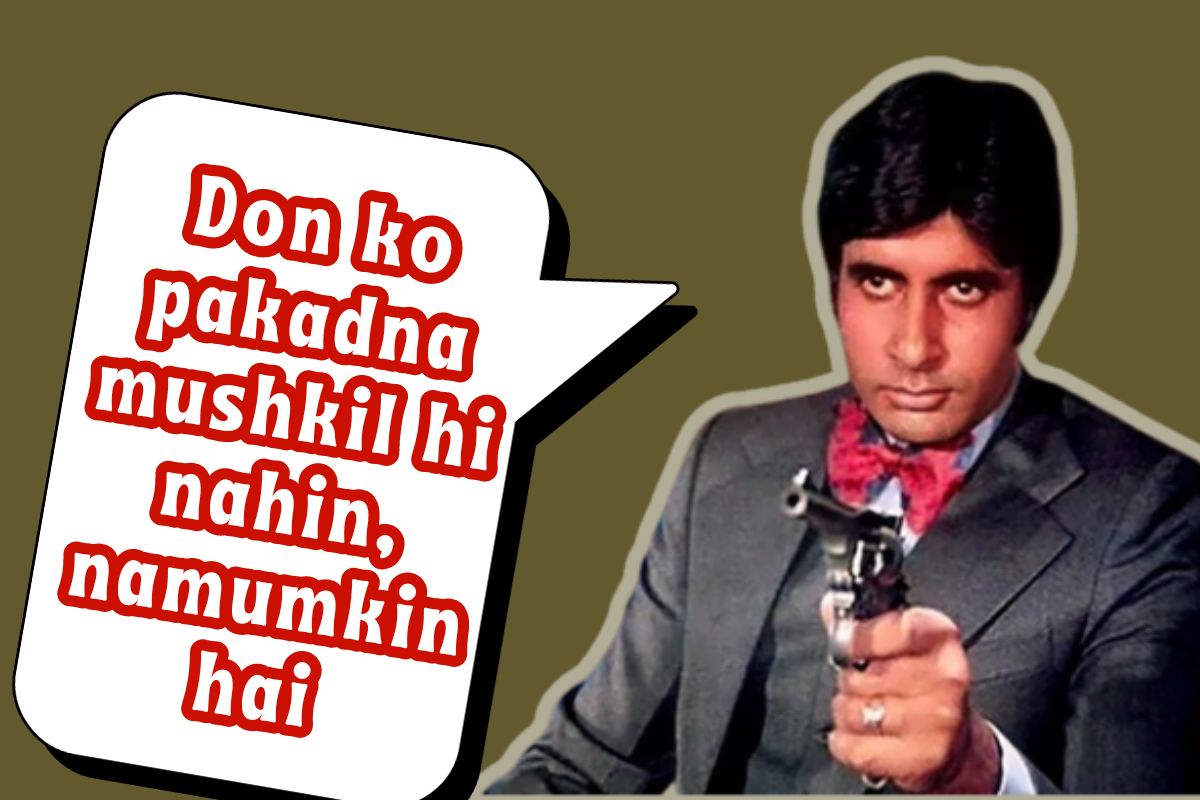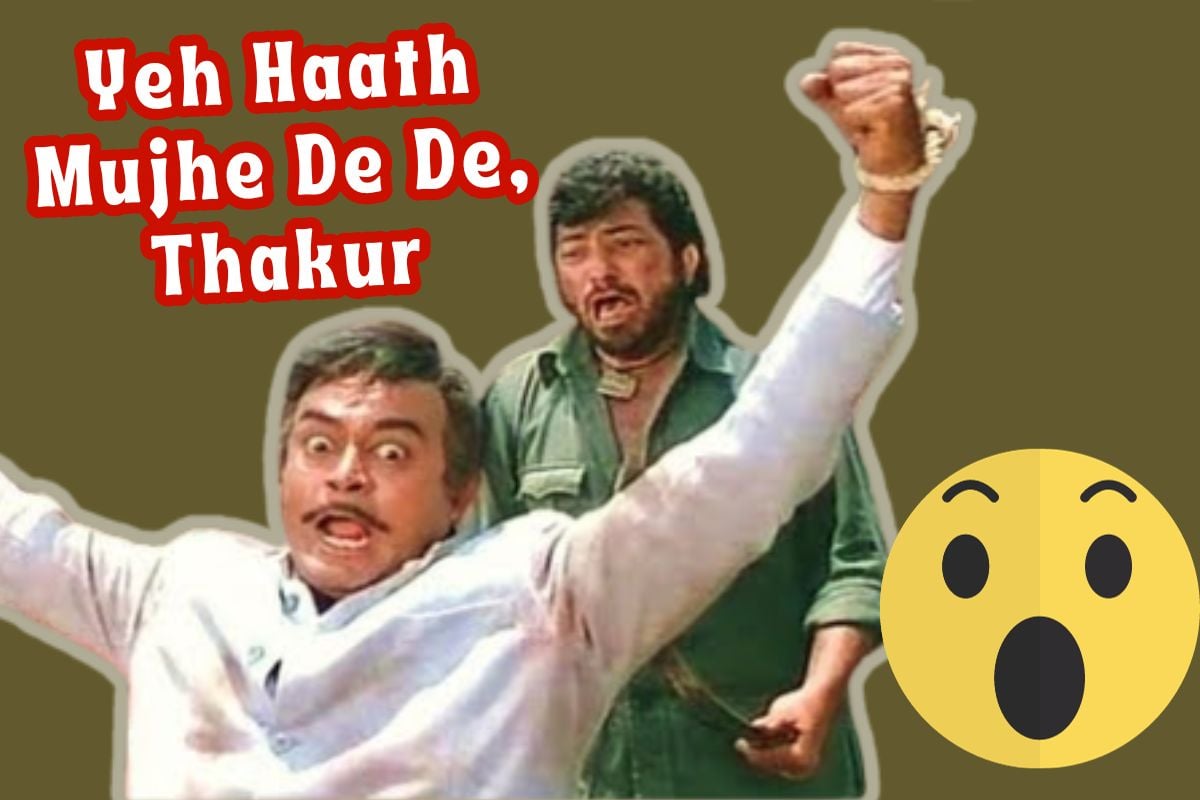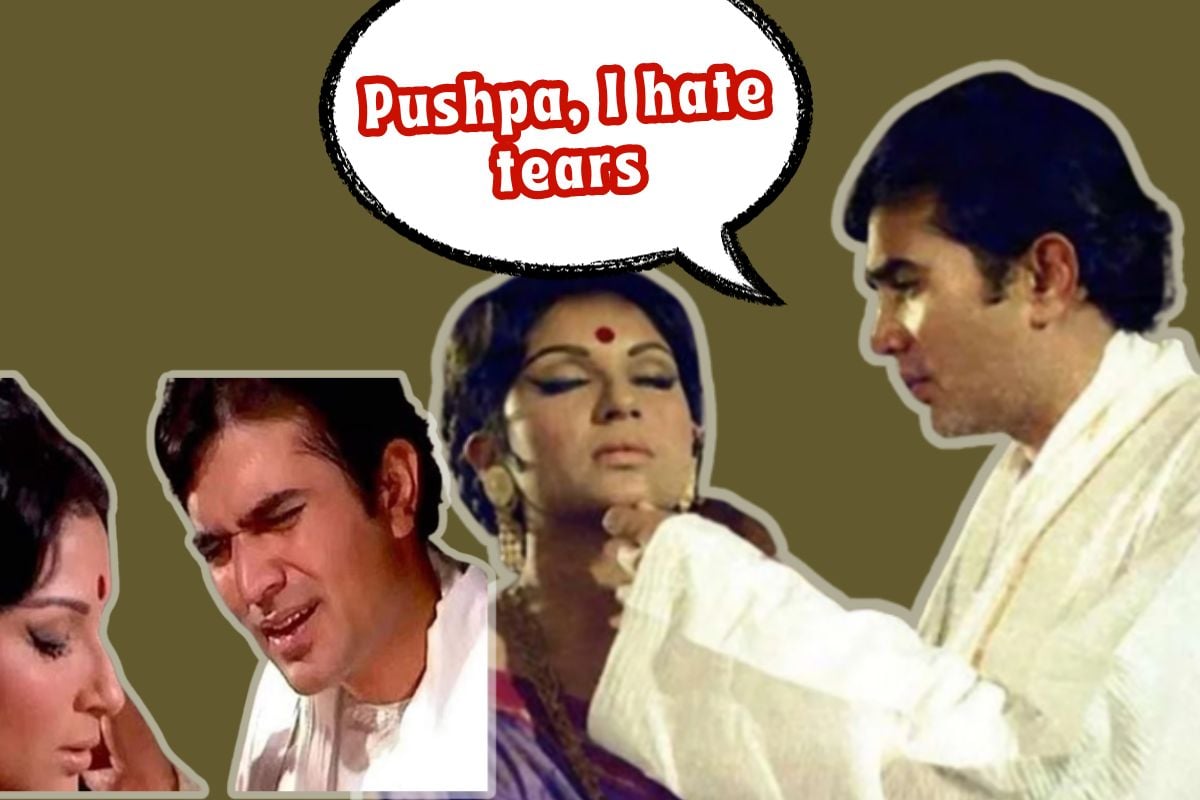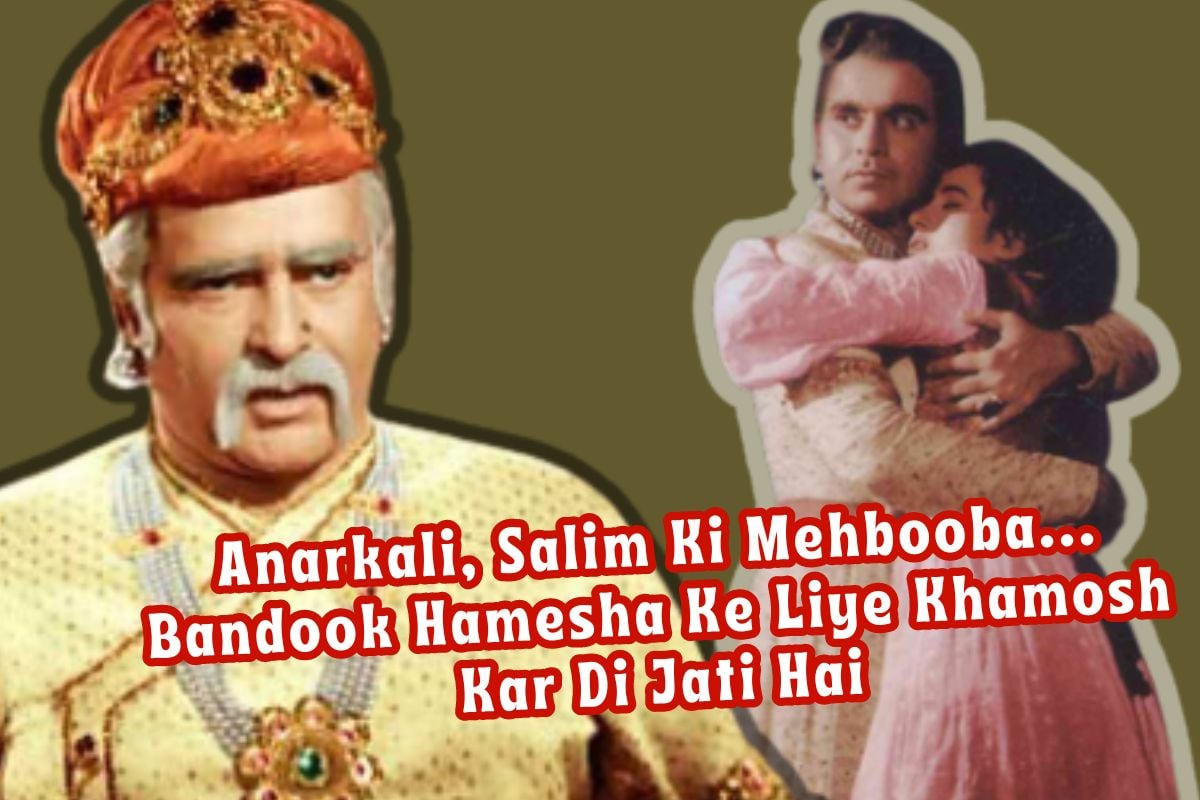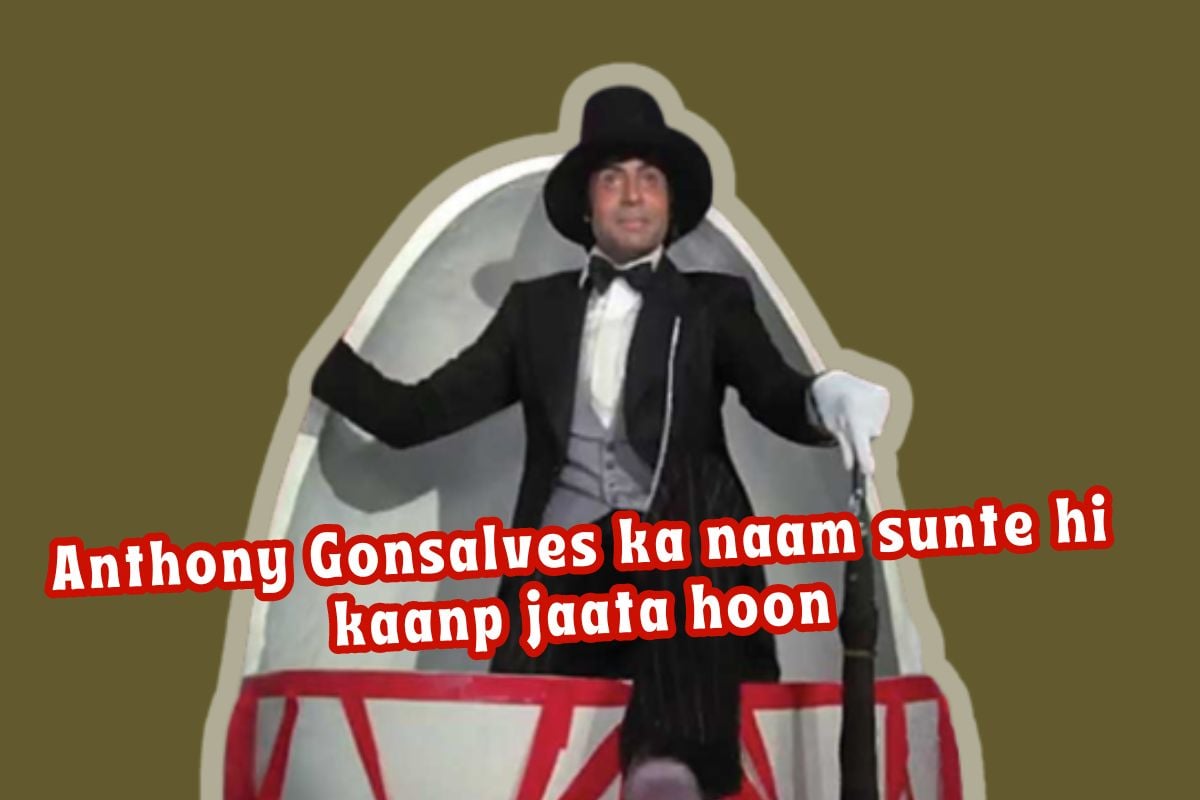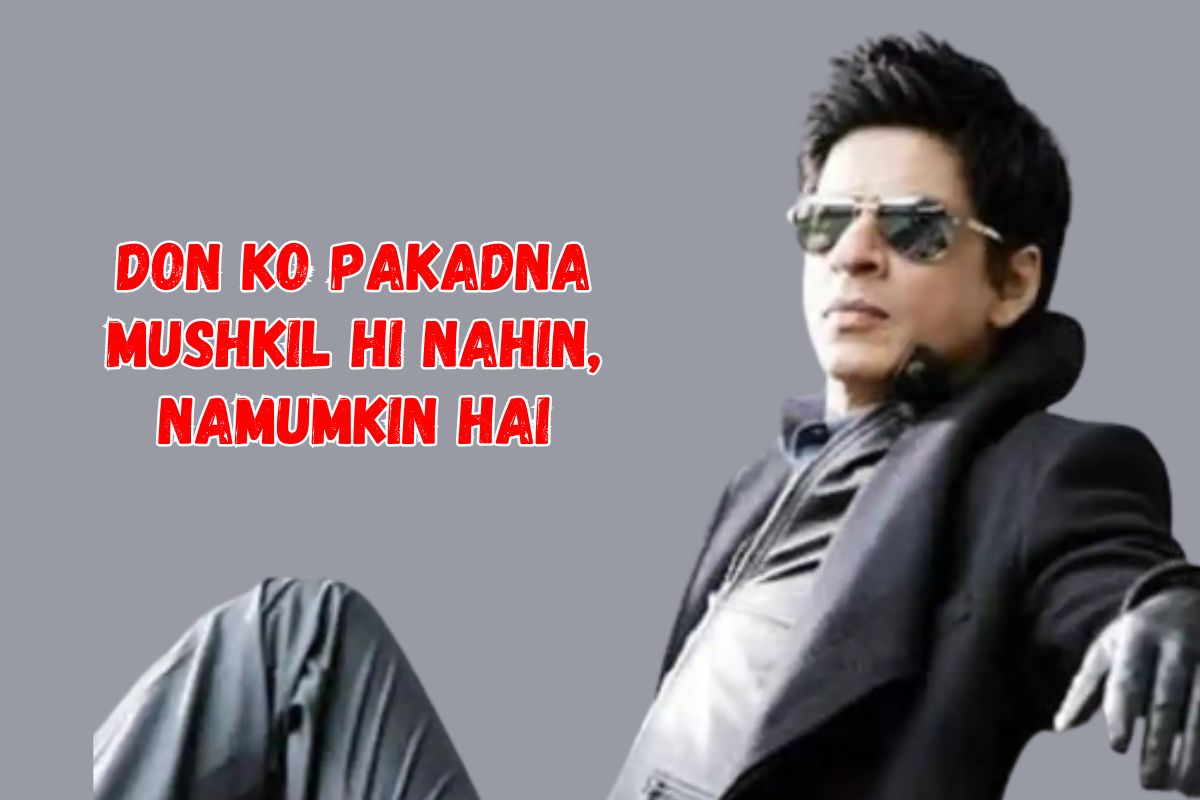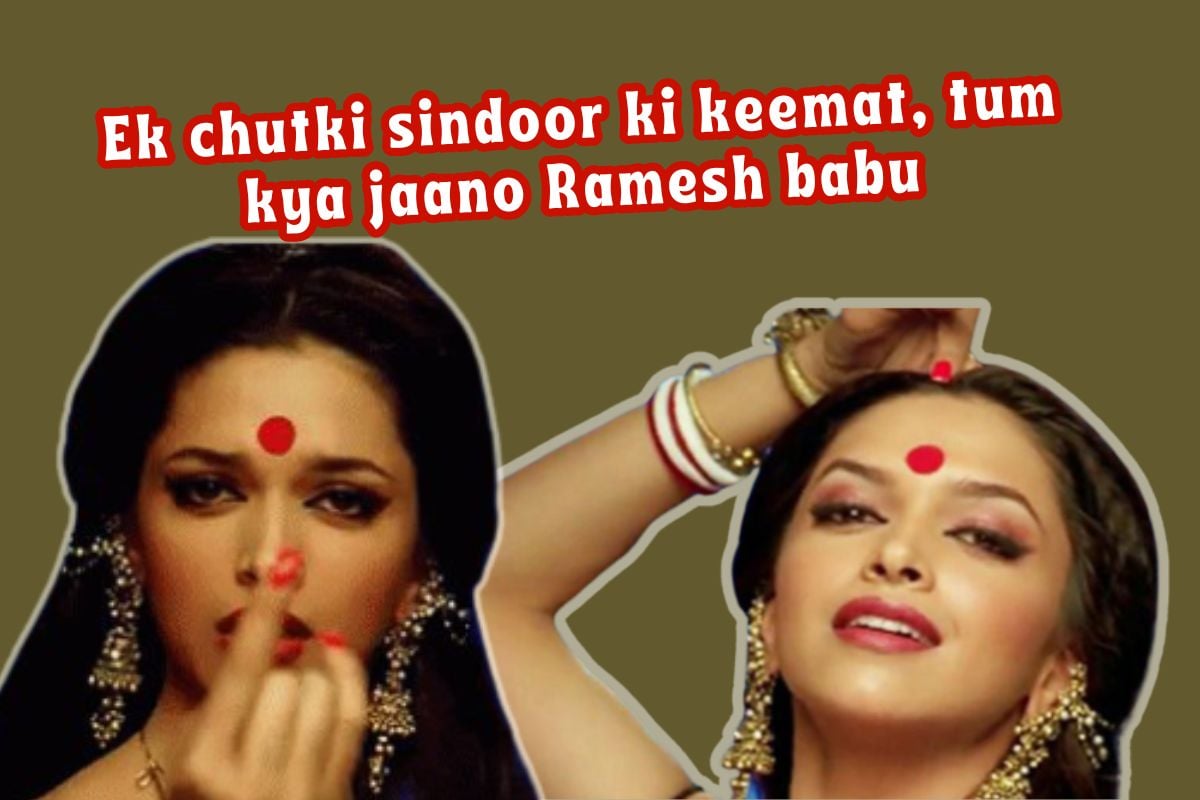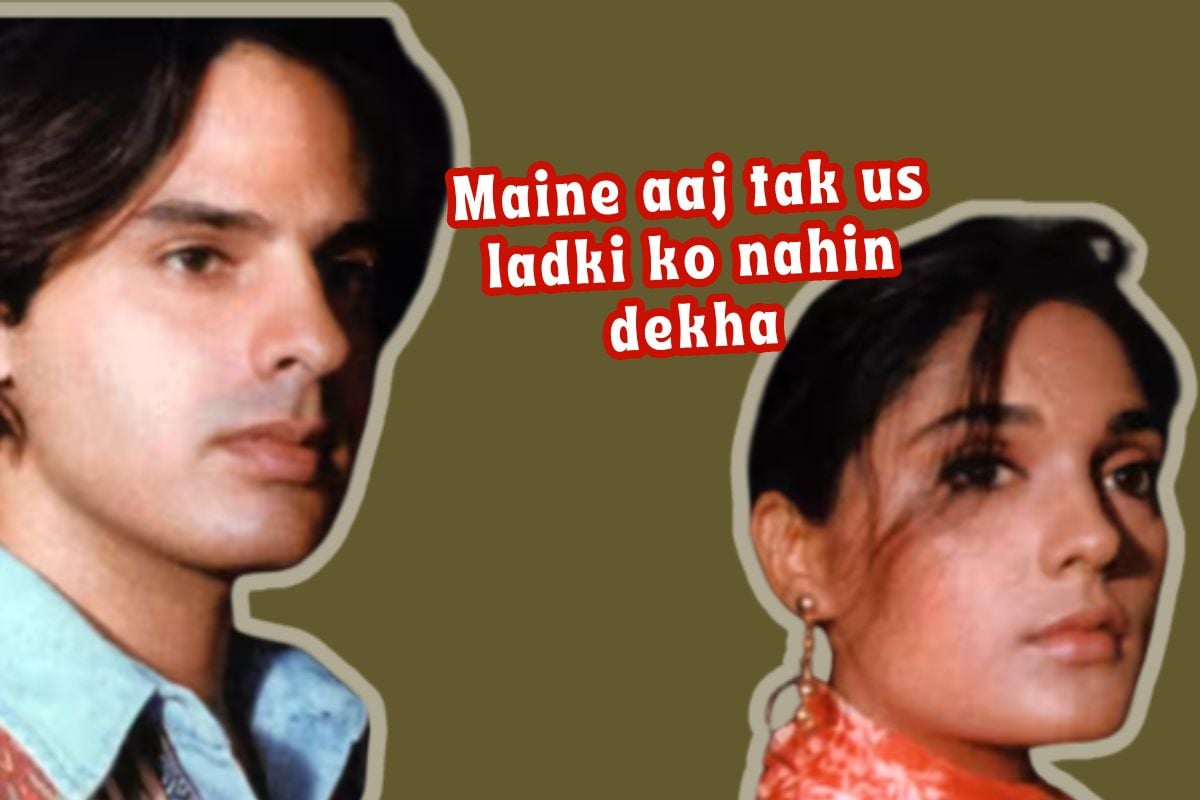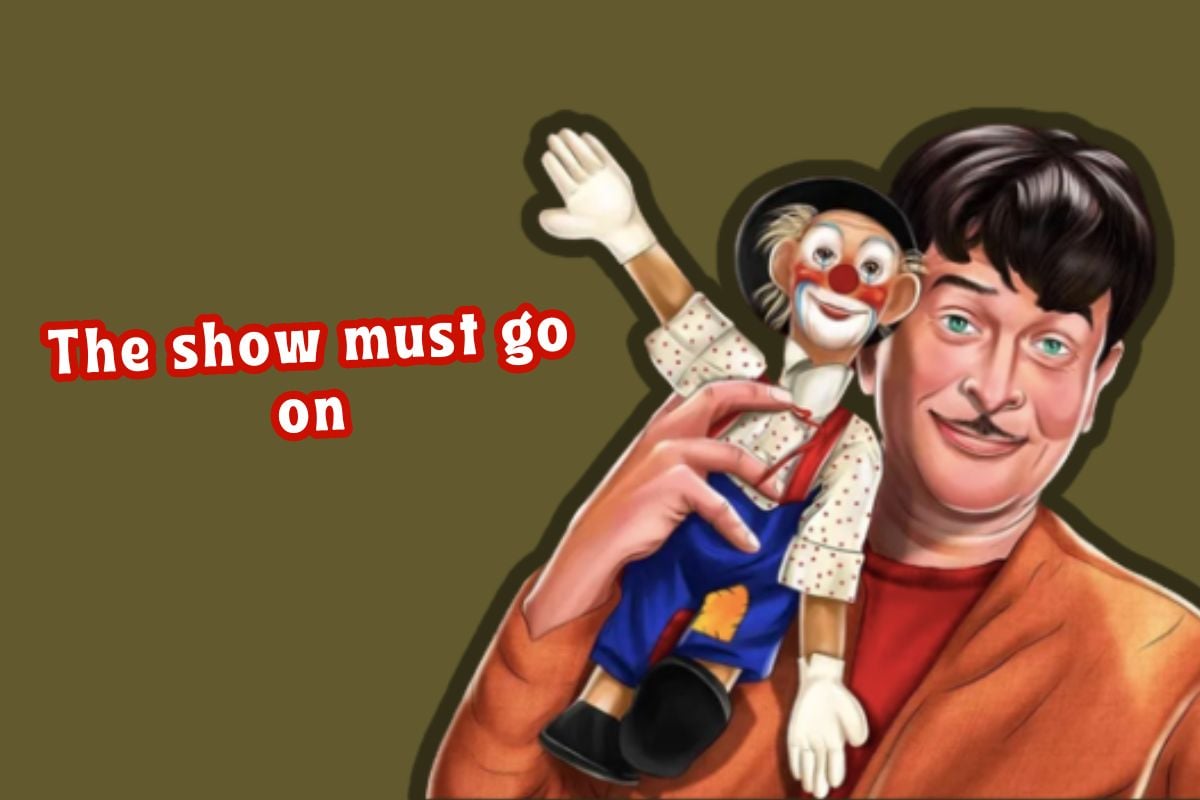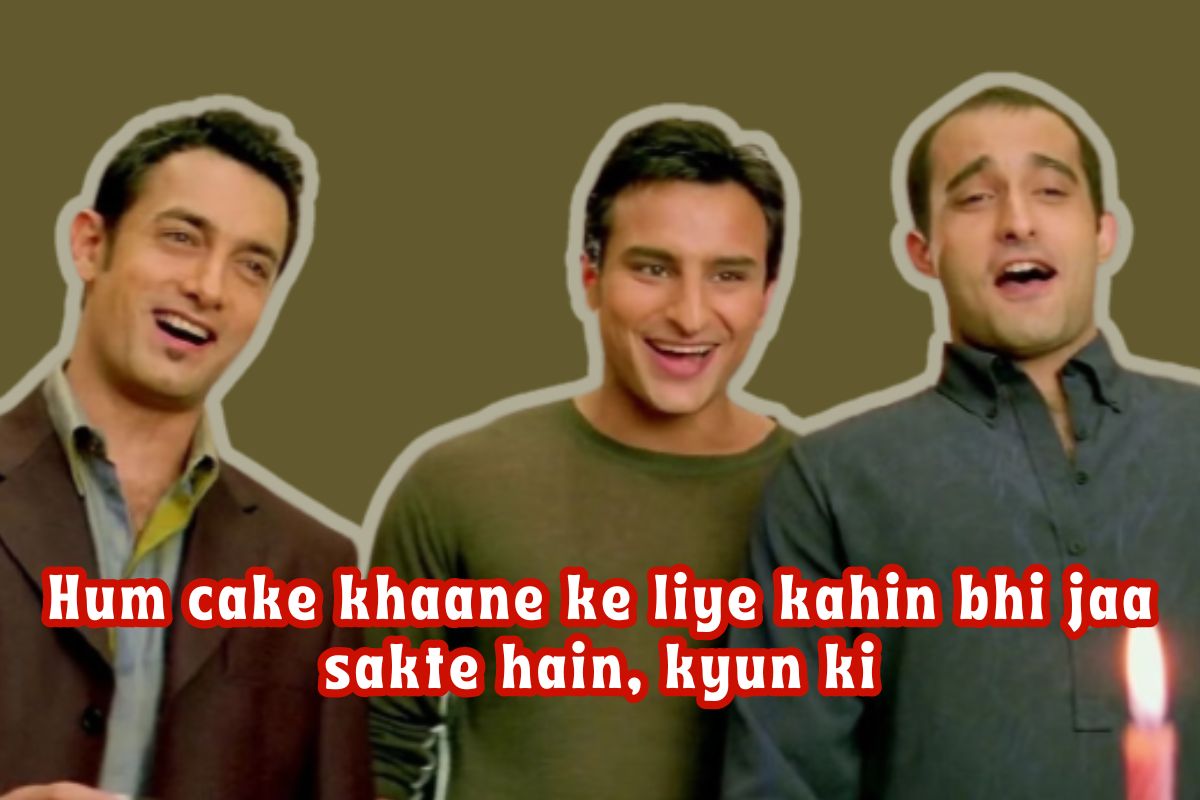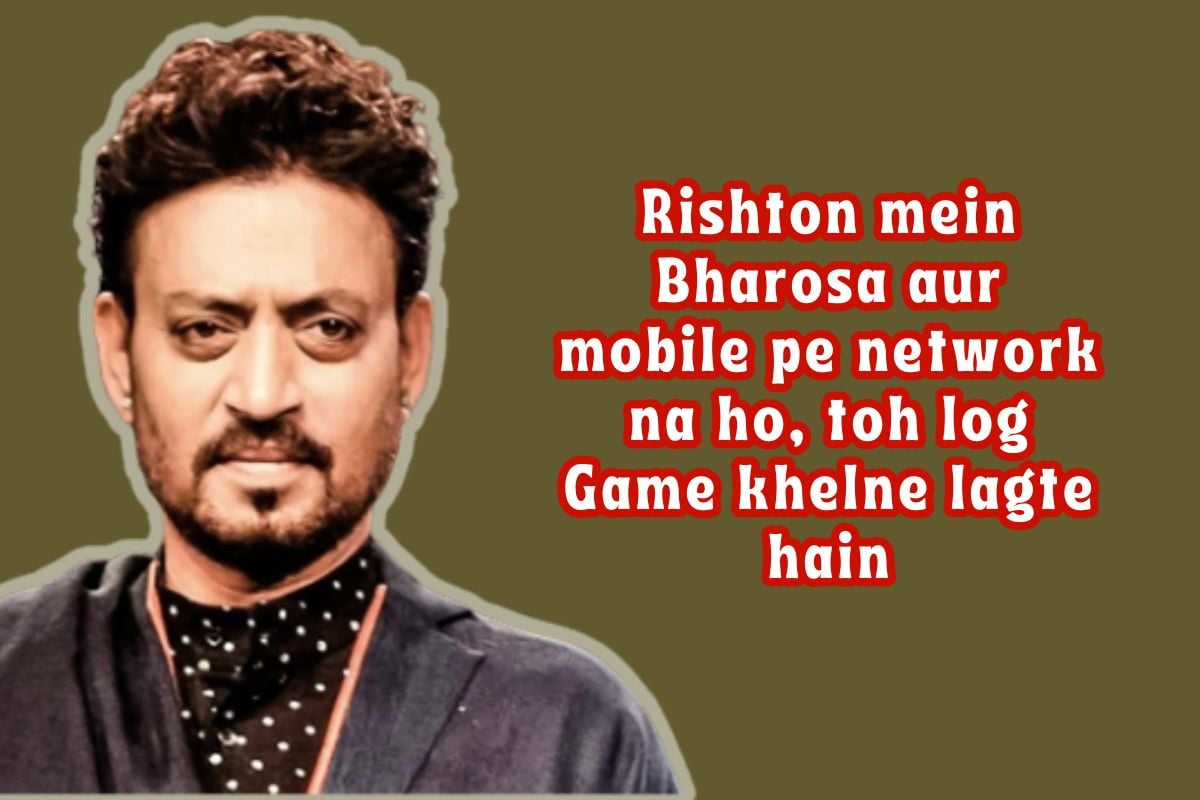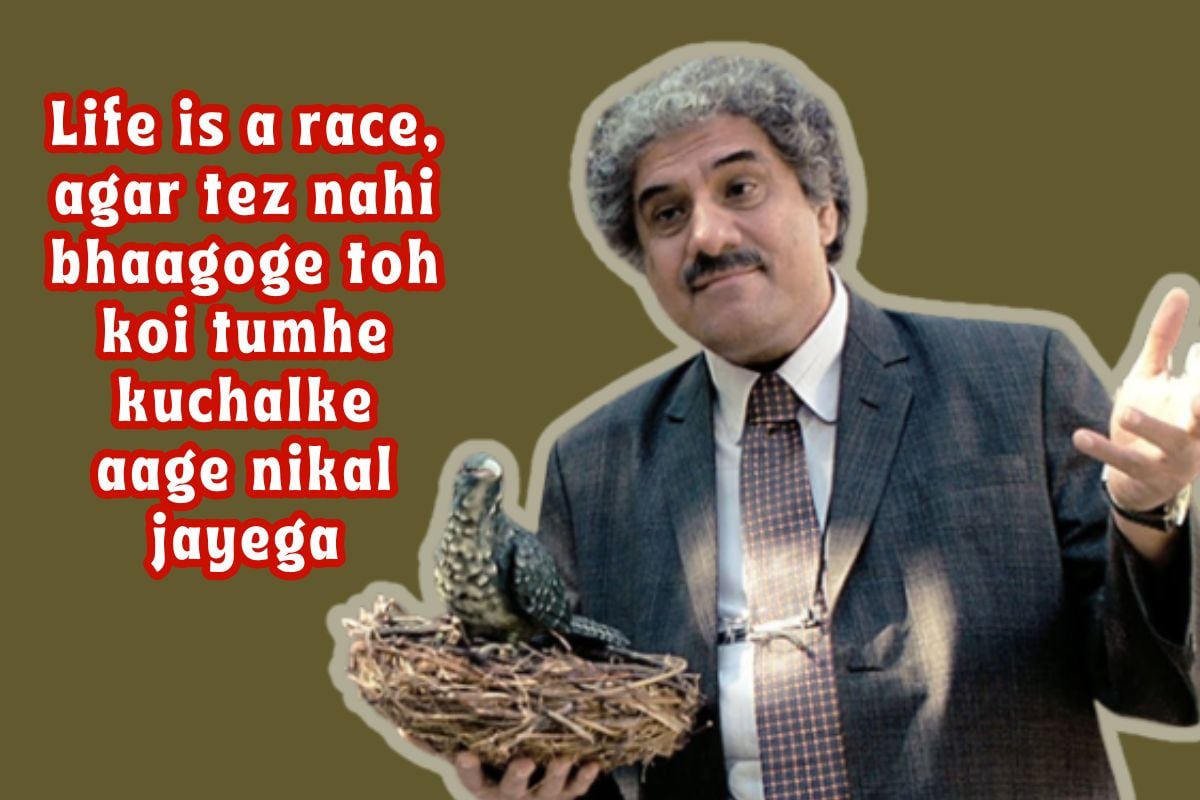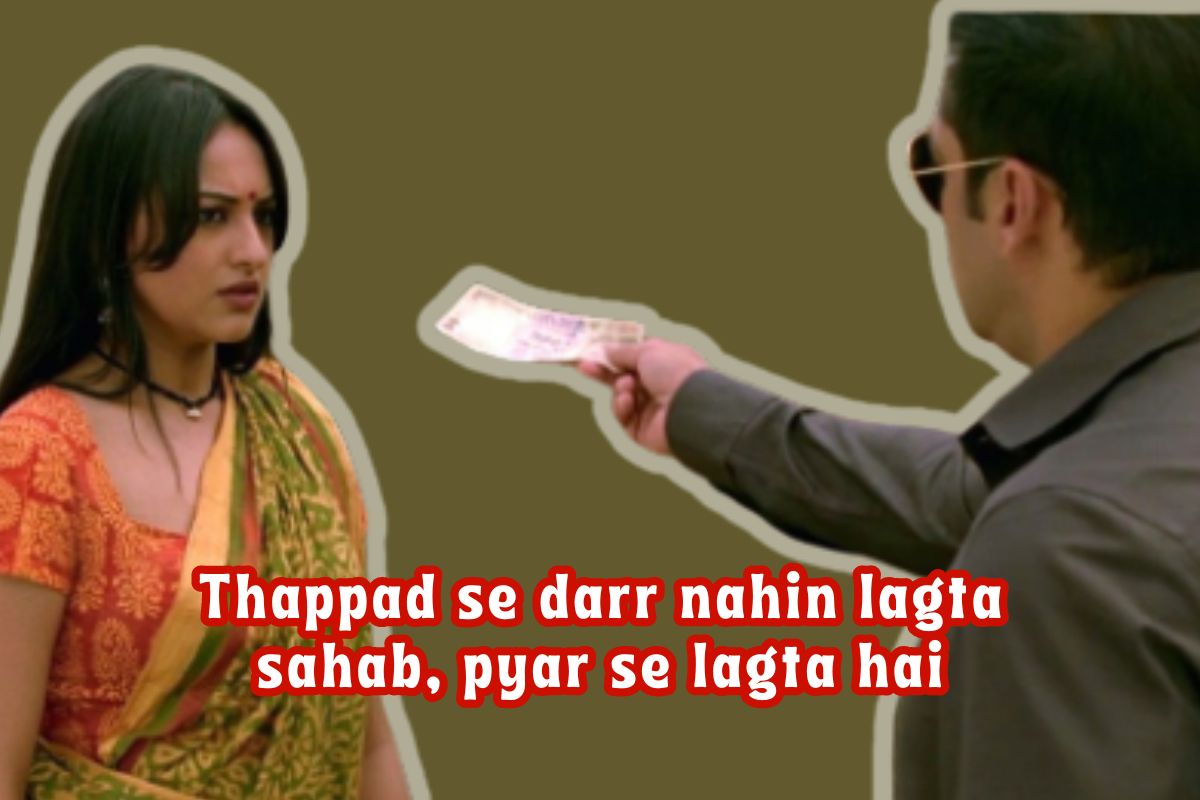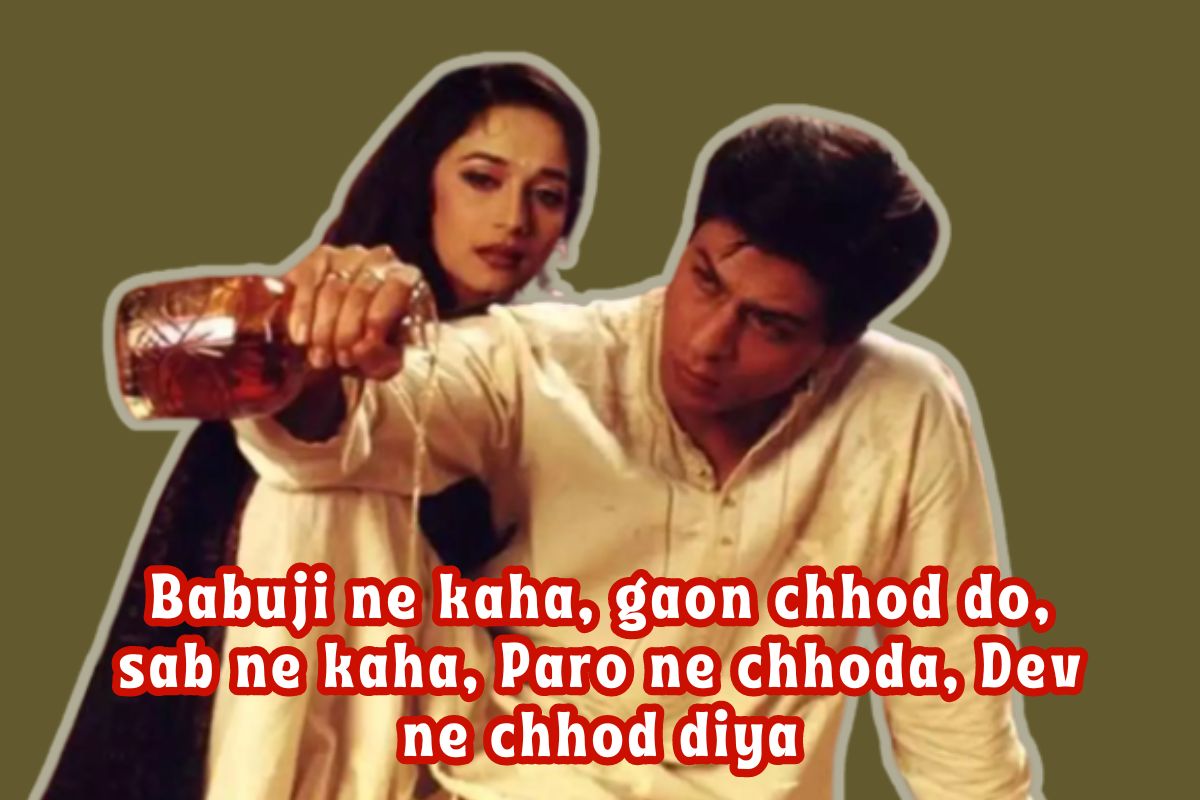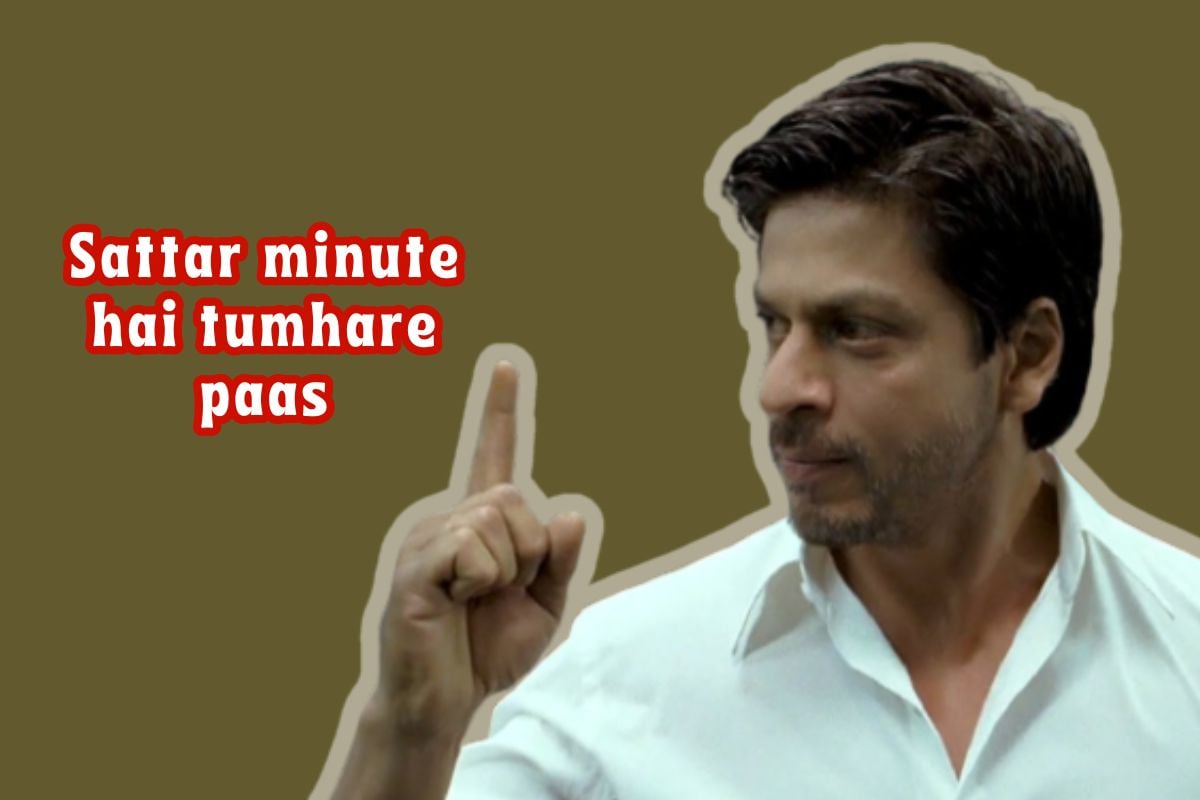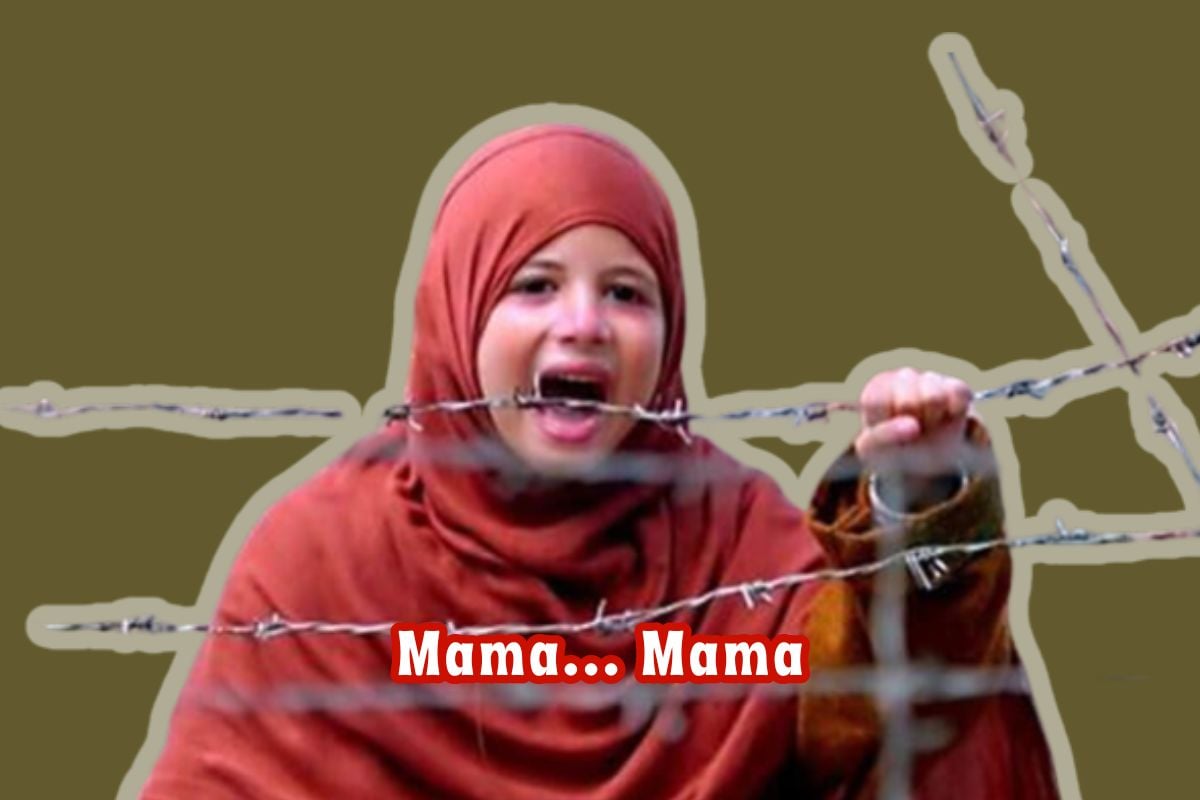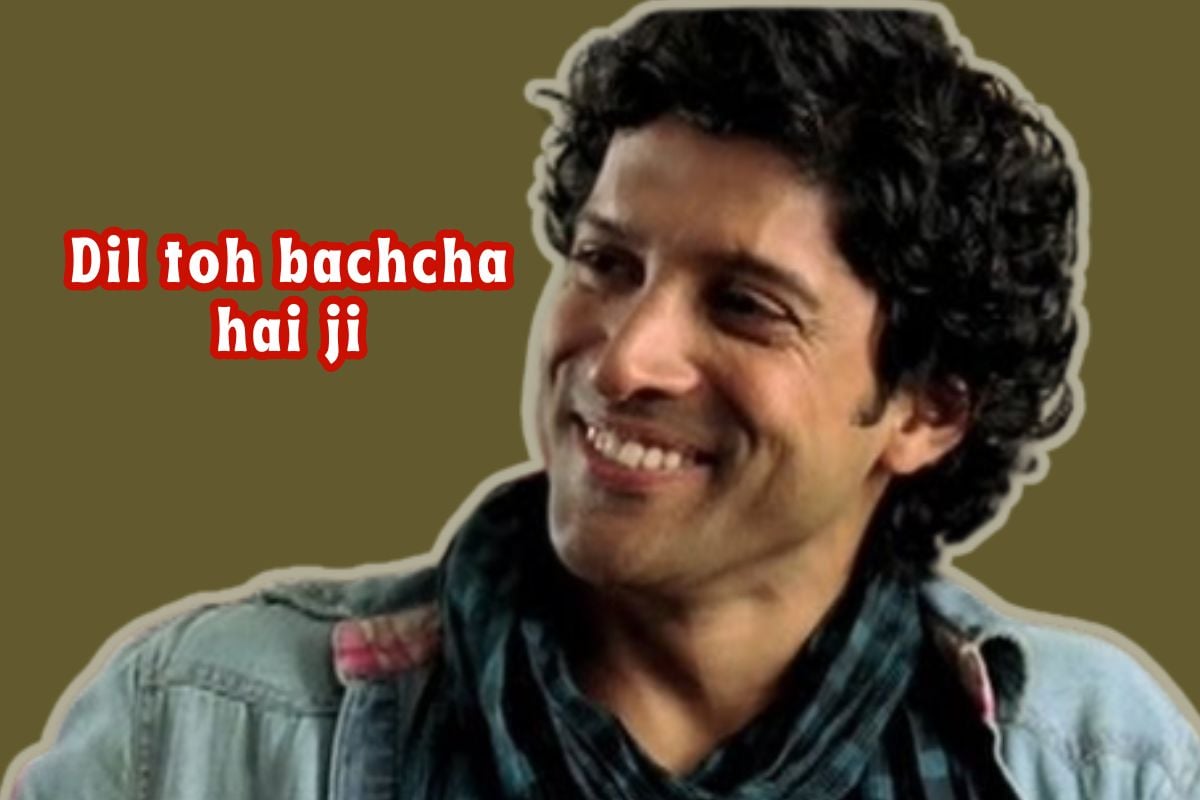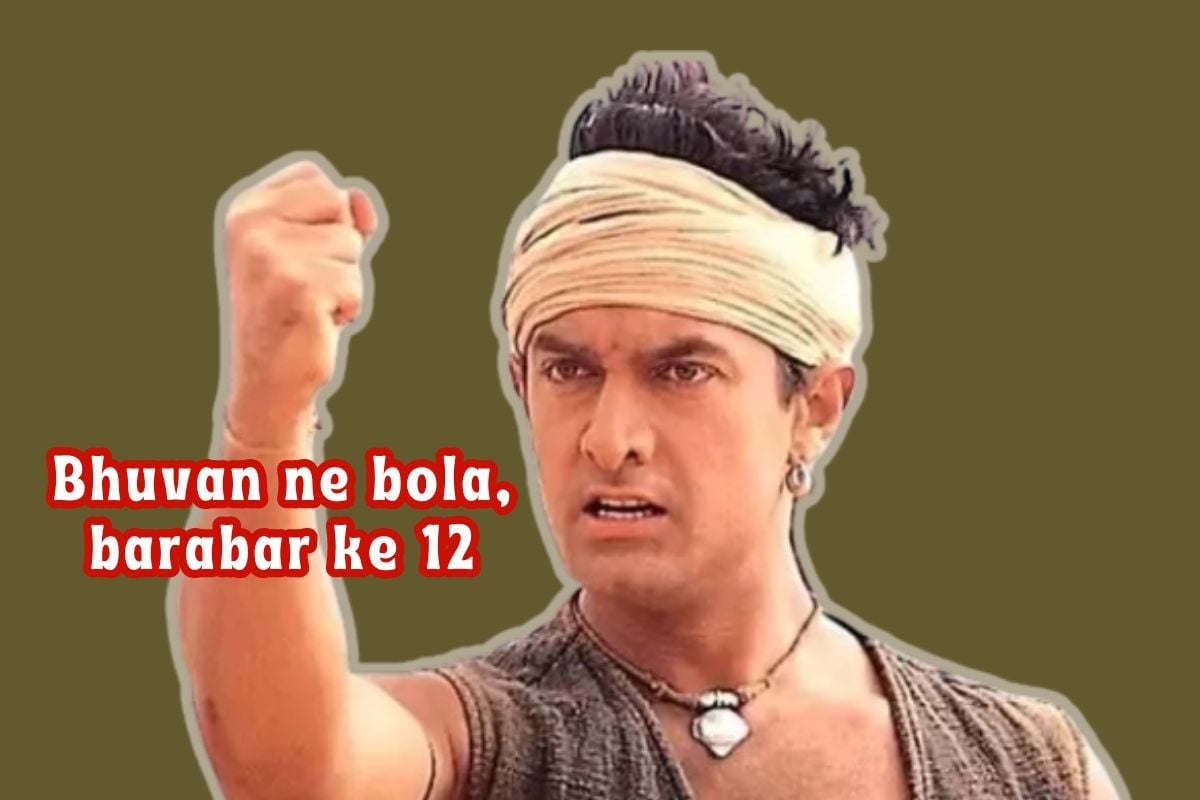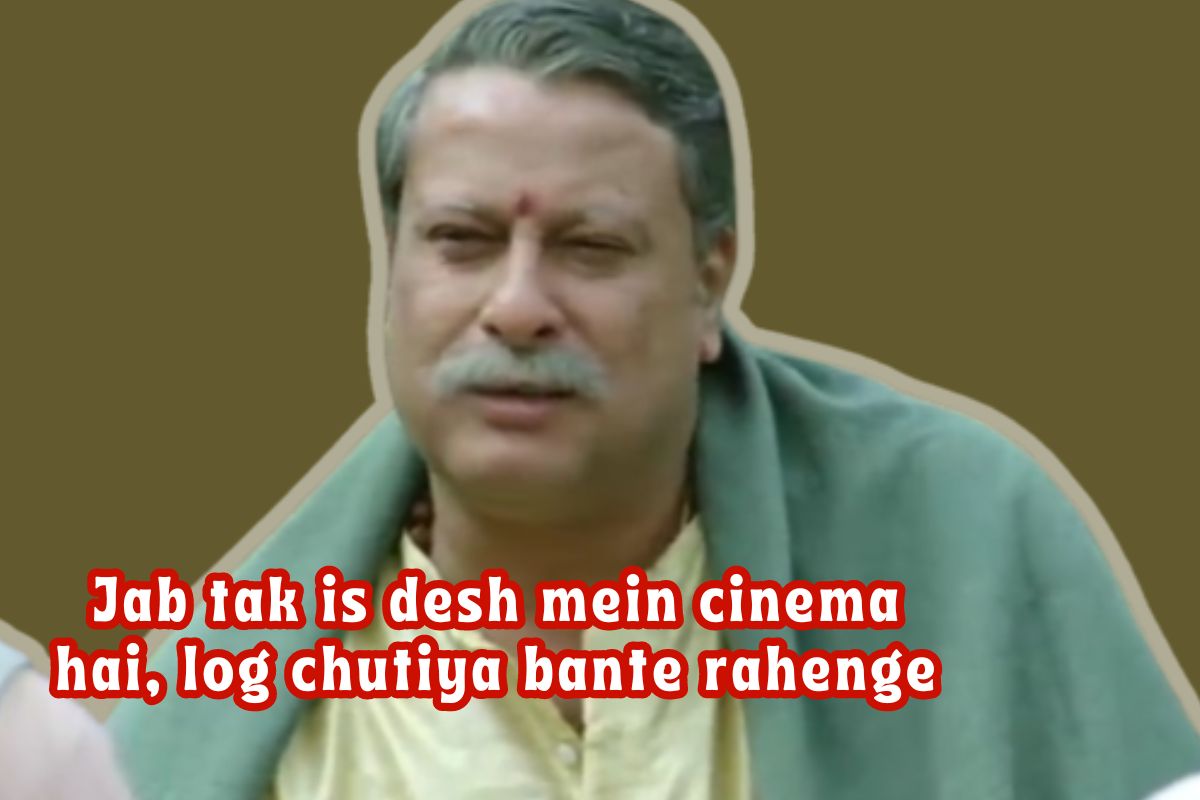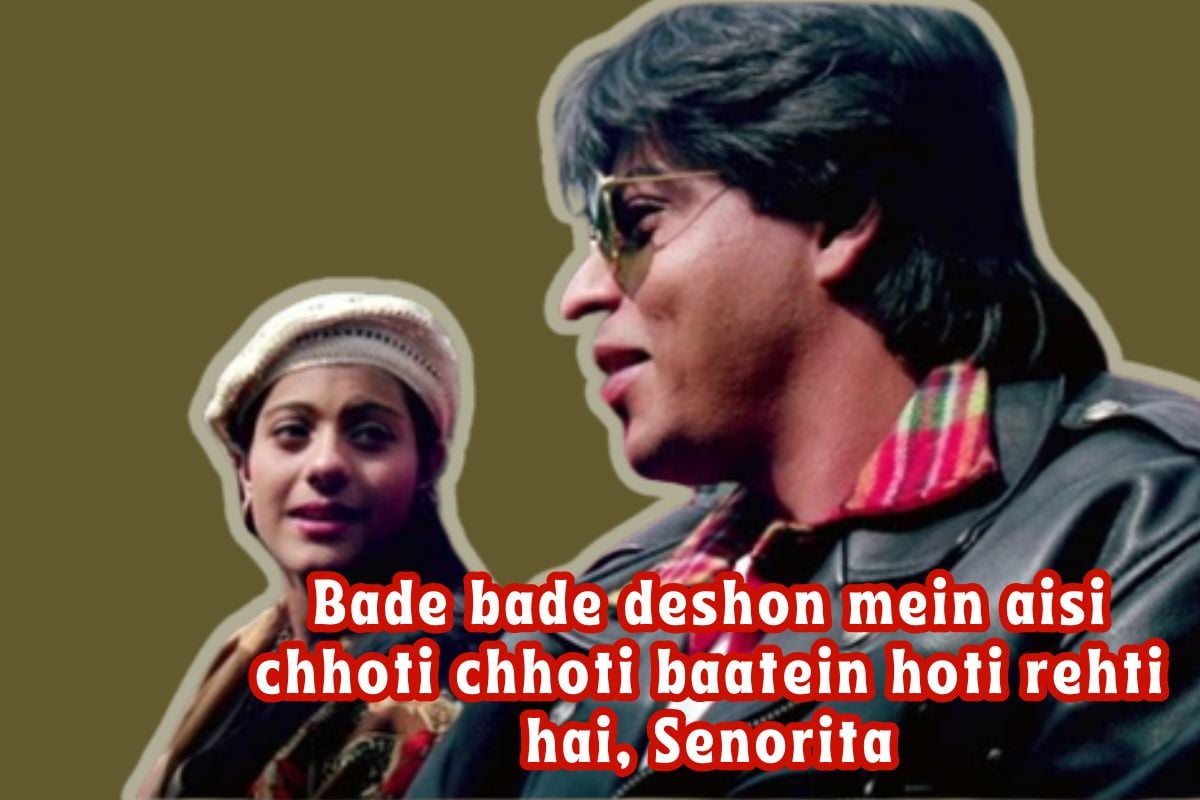Top 26 Iconic Dialogues in Bollywood Movies
Among the many elements that contribute to the magic of Bollywood films, one that stands out is the iconic dialogues. These powerful lines have the ability to resonate with audiences for generations, becoming an integral part of popular culture. From love and romance to action and drama, here are the top 26 iconic dialogues in Bollywood movies that have left a lasting impact on the audience.
Sholay (1975) – “Kitne Aadmi The?”
Gabbar Singh’s
menacing question became synonymous with the film and established him as one of
the greatest Bollywood villains of all time.
Deewar (1975) – “Mere paas maa hai.”
Amitabh
Bachchan’s unforgettable line encapsulated the emotional intensity of the film.
Don (1978) – “Don ko pakadna mushkil hi nahin, namumkin
hai.”
Amitabh Bachchan’s portrayal of the suave and cunning Don made this
dialogue an instant classic.
Sholay (1975) – “Yeh Haath Mujhe De De, Thakur.”
Jai’s plea to Thakur in ‘Sholay’ showed the power of friendship and duty.
Amar Prem (1972) – “Pushpa, I hate tears.”
Rajesh
Khanna’s comforting words to Sharmila Tagore became an iconic moment in the
film.
Mughal-E-Azam (1960) – “Anarkali, Salim Ki Mehbooba…
Bandook Hamesha Ke Liye Khamosh Kar Di Jati Hai.”
This epic dialogue from
one of Bollywood’s most iconic historical dramas still resonates with fans.
Amar Akbar Anthony (1977) – “Anthony Gonsalves ka naam
sunte hi kaanp jaata hoon.”
Amitabh Bachchan’s humorous portrayal of a
drunkard turned this dialogue into a classic.
Don (2006) – “Don ko pakadna mushkil hi nahin, namumkin hai.”
Shah Rukh Khan’s reprisal of
the iconic dialogue gave it a modern twist and rekindled its popularity.
Om Shanti Om (2007) – “Ek chutki sindoor ki keemat, tum
kya jaano Ramesh babu?”
The stunning dialogue from the movie Om Shanti Om
Rahul Roy’s dialogue from ‘Aashiqui’ became a symbol of
unrequited love. Aashiqui (1990) –
“Maine aaj tak us ladki ko nahin
dekha.”
Mera Naam Joker (1970) – “The show must go on.”
This philosophical dialogue was a life lesson taught by Raj
Kapoor’s character in the film. Agneepath (1990) – “Vijay Deenanath
Chauhan, poora naam.”
Ae Dil Hai Mushkil (2016) – “Ek tarfa pyar ki taqat hi
kuch aur hoti hai, auro ke rishton ki tarah yeh do logon mein nahi bat’ti, sirf
mera haq hai ispe.”
Ranbir Kapoor’s emotional outburst struck a chord with
the audience, highlighting the complexity of unrequited love.
Dil Chahta Hai (2001) – “Hum cake khaane ke liye kahin
bhi jaa sakte hain, kyun ki…”
Aamir Khan’s character gave us a lesson in
celebrating life, friendship, and love.
Sarkar (2005) – “Rishton mein Bharosa aur mobile pe
network na ho, toh log Game khelne lagte hain.”
This dialogue from Ram
Gopal Verma’s political drama drew a parallel between politics and real-life
relationships.
My Name is Khan (2010) – “My name is Khan, and I’m not
a terrorist.”
Shah Rukh Khan’s portrayal of an autistic man on a journey
to meet the President of the United States made this dialogue unforgettable.
3 Idiots (2009) – “Life is a race, agar tez nahi
bhaagoge toh koi tumhe kuchalke aage nikal jayega.”
Aamir Khan’s character
inspired millions with this simple yet profound life lesson.
Dabangg (2010) – “Thappad se darr nahin lagta sahab,
pyar se lagta hai.”
Salman Khan’s fearless and cheeky character made this
dialogue an instant hit.
Kabhi Khushi Kabhie Gham (2001) – “It’s all about
loving your parents.”
This dialogue encapsulated the central message of
the film, emphasizing the importance of family and tradition.
Devdas (2002) – “Babuji ne kaha, gaon chhod do, sab ne
kaha, Paro ne chhoda, Dev ne chhod diya.”
Shah Rukh Khan’s portrayal of
Devdas and his tragic love story with Paro left a deep impact on the audience.
Chak De! India (2007) – “Sattar minute hai tumhare
paas.”
Shah Rukh Khan’s motivational speech as Coach Kabir Khan ignited
the spirit of sportsmanship and patriotism.
Bajrangi Bhaijaan (2015) – “Mama… Mama.”
Harshaali Malhotra’s innocent portrayal as Munni touched hearts across the
nation.
Zindagi Na Milegi Dobara (2011) – “Dil toh bachcha hai
ji.”
This line from the film underlined the importance of embracing the
child within, living life to the fullest.
Lagaan (2001) – “Bhuvan ne bola, barabar ke 12.”
Aamir Khan’s underdog character in ‘Lagaan’ won hearts with this unforgettable
cricket match dialogue.
Gangs of Wasseypur (2012) – “Jab tak is desh mein
cinema hai, log chutiya bante rahenge.”
This offbeat yet impactful
dialogue from Anurag Kashyap’s cult classic film speaks to the cynicism that
often surrounds the Indian cinema industry.
Dilwale Dulhania Le Jayenge (1995) – “Bade bade deshon
mein aisi chhoti chhoti baatein hoti rehti hai, Senorita.”
Shah Rukh
Khan’s romantic charm made this line synonymous with the epic love story of Raj
and Simran.





